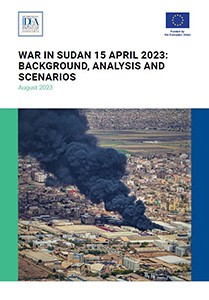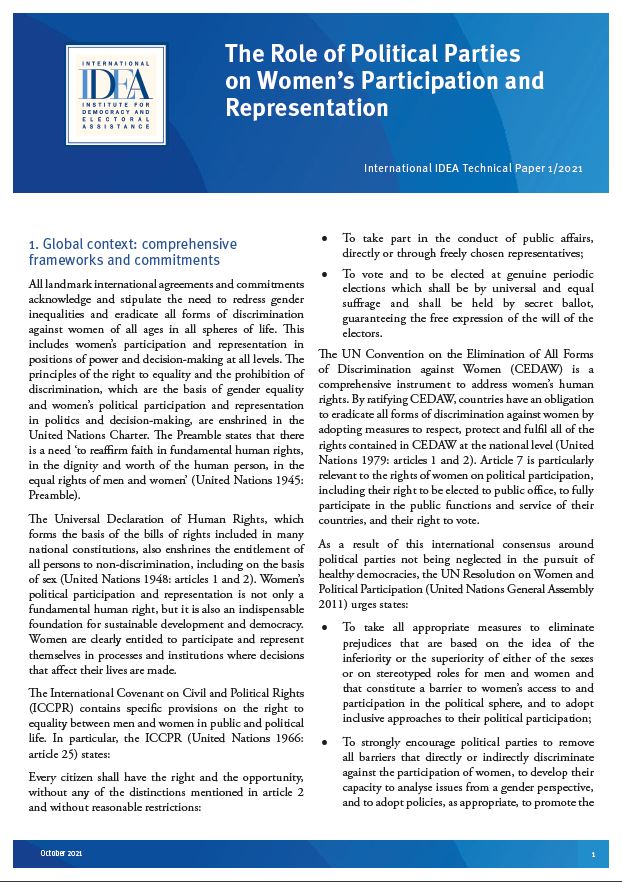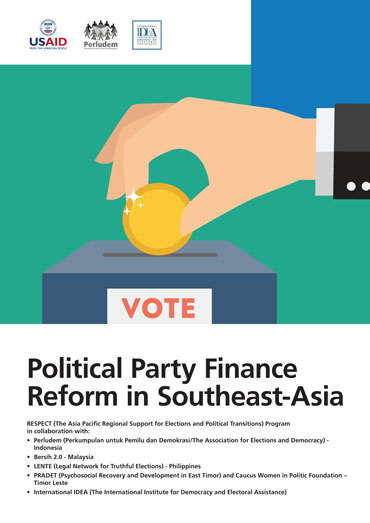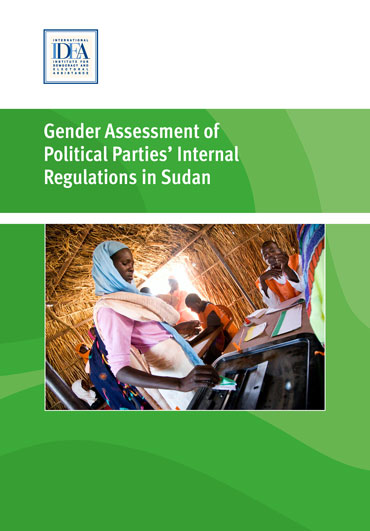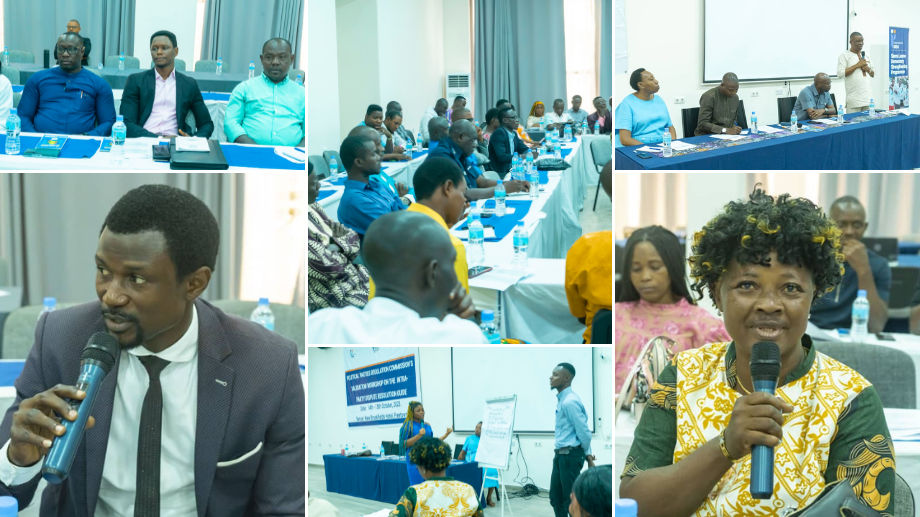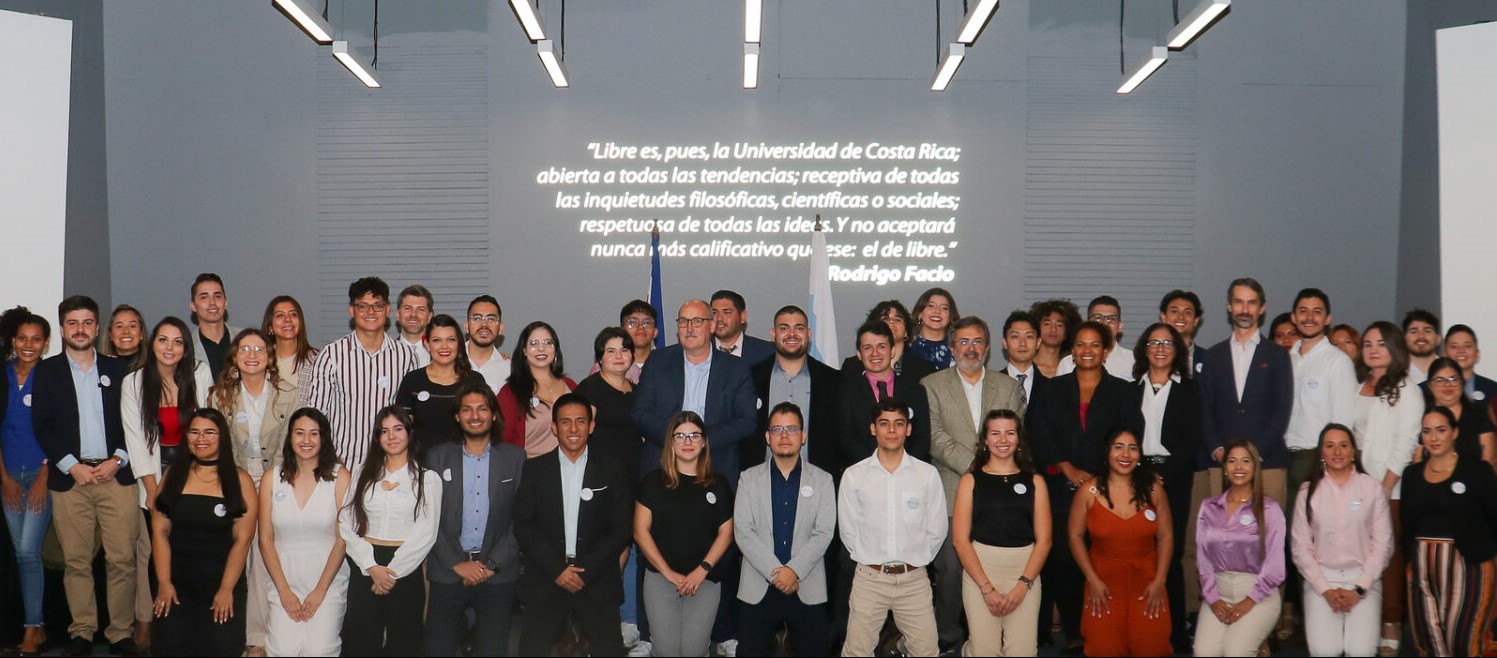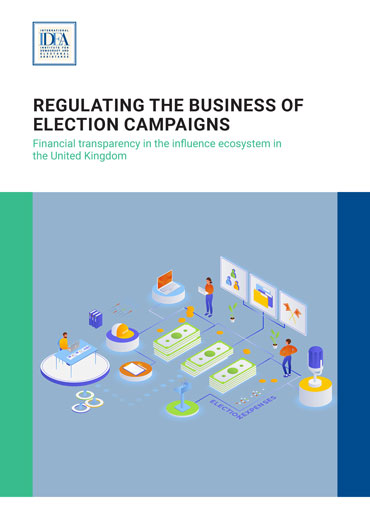The Challenges of Political Programming: International Assistance to Parties and Parliaments
Donor efforts to support democracy and good governance have, in the past few years, been shaped by two dominant trends in international assistance to developing countries.
The first is the aid effectiveness agenda, following declarations in Paris and Accra, which aims for greater impact and results-oriented programming. The second is the increasing use of political economy analysis to better understand the factors that determine the quality and outcomes of the political decision-making process.
This Discussion Paper examines the ways in which different donor agencies and implementing organizations are addressing the challenges of this type of programming. It draws on interviews with staff from agencies and implementing partners as well as a number of independent consultants working on the design, delivery and evaluation of party and parliamentary projects.
It also includes an analysis of strategy papers and planning documents from a variety of organizations and an in-depth examination of political programmes with parties and parliaments in four countries.
Details
Contents
Executive summary
List of Abbreviations
1. International strategies for parliamentary and party assistance
2. From strategic objectives to project implementation
3. Four case studies: Support to parties and parliaments in practice
Deepening Democracy in Tanzania
The Deepening Democracy Programme in Uganda
NIMD’s work with political parties in Ghana
The WFD’s work with the Macedonian Parliament
Conclusions: Continuing challenges for political programming
Bibliography
Notes
Give us feedback
Do you have a question or feedback about this publication? Leave us your feedback, and we’ll get back to you
Send feedbackThe Challenges of Political Programming: International Assistance to Parties and Parliaments
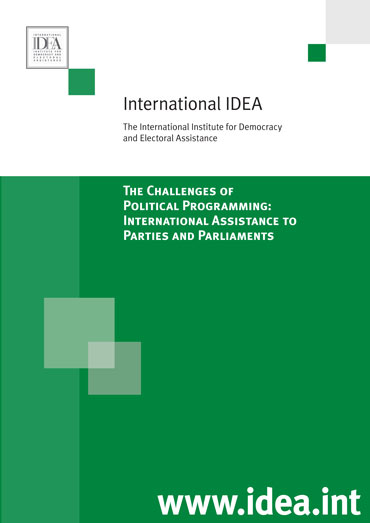
| Total views | 5239 |
|---|---|
| Downloads | 9 |
| Rating |
Give us feedback
Do you have a question or feedback about this publication? Leave us your feedback, and we’ll get back to you
Send feedback